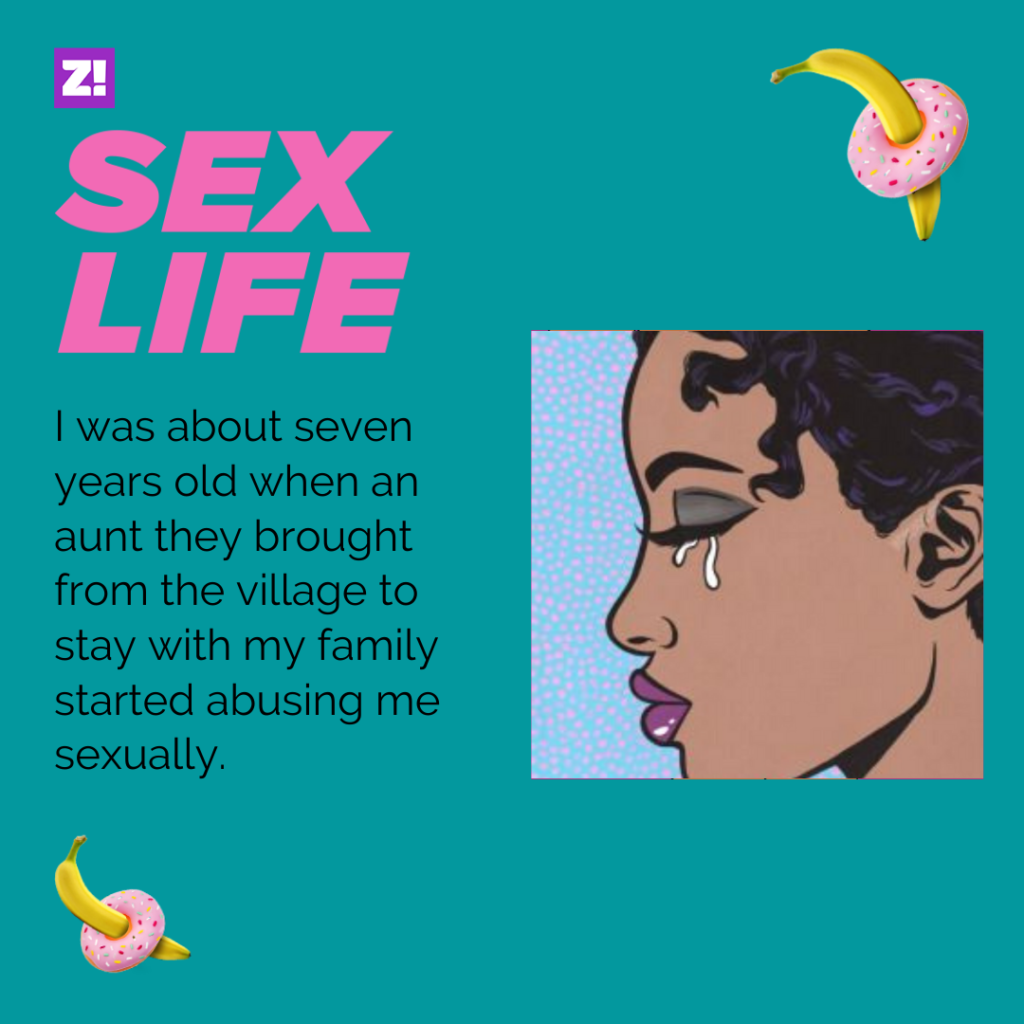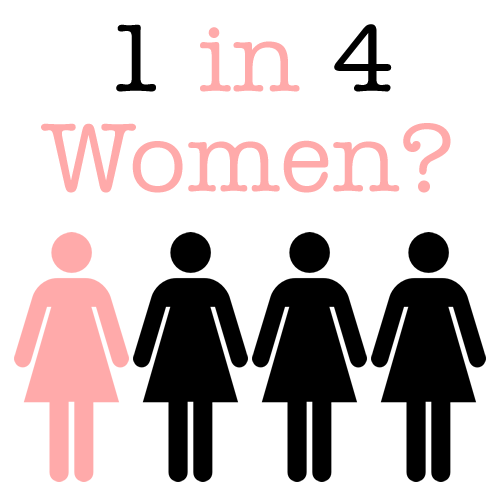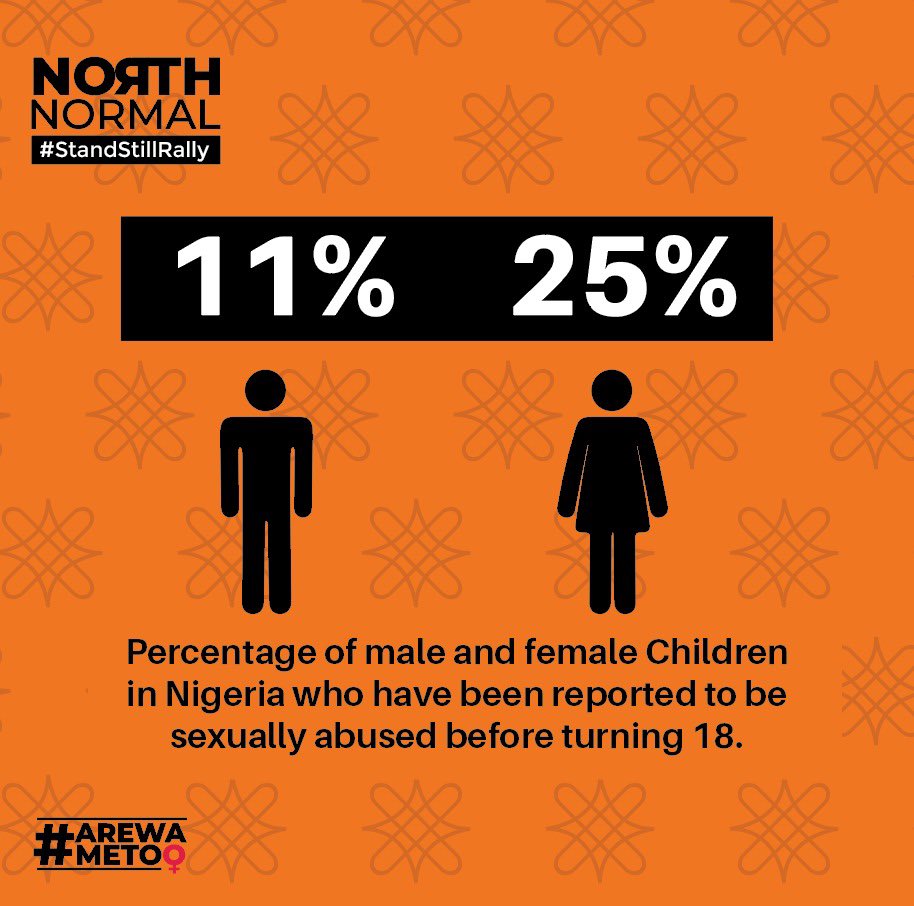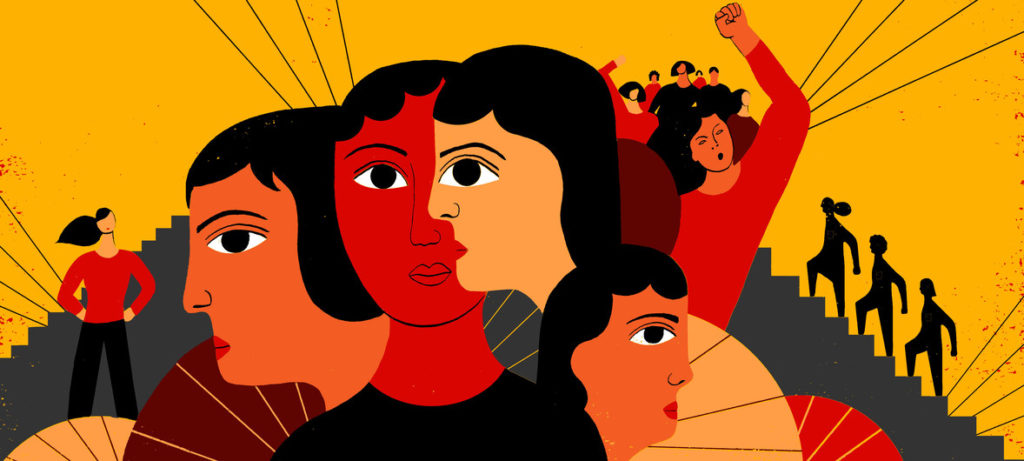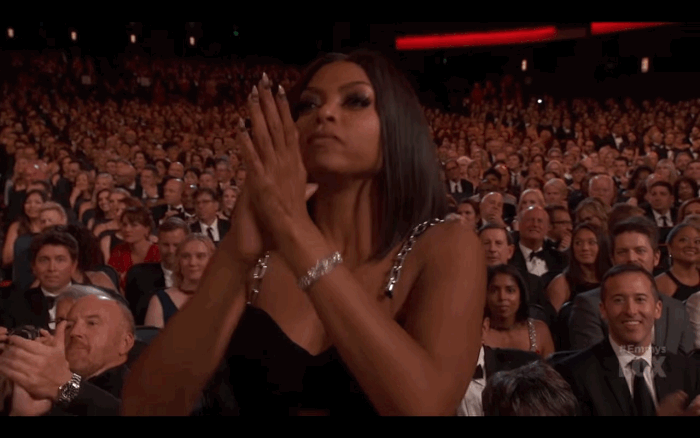TRIGGER WARNING: This opinion piece covers sexual violence and social injustice

Sexual violence against women is rampant. UNICEF says 1 in 4 Nigerian girls are victims before they even turn 18, and the back-to-back #StopRapingUs and #Justicefor- campaigns of 2020 uncovered just how much rape happens with impunity in our society.
It’s 2023, and UNICAL has re-called a professor to its faculty of law and re-elected him as Dean, despite unresolved allegations, including sexually assaulting a 20-year-old year student in his office on August 29, 2015. The school management suspended Cyril Osim Ndifon in 2015, only to warmly welcome him back to office in 2017, even though he was never exonerated by a court of law.
Six years later, he has returned to his original position of power.
RELATED: Cyril Ndifon: The UNICAL Professor Facing Allegations of Sexual Misconduct
This event pushed us to look into sexual violence allegations of the last two decades, to answer the question of how Nigeria responds to them. As we interrogate where various accused individuals are today, we discover a pattern that may enable such crimes, often letting them go scot-free without the thorough investigation, resolution or consequences they may deserve, and even punishing the accusers.
2000s to ’10s
Only a fraction of sex-related crimes make national news or trending lists on socials, and even less lead to convictions or legal acquittal. But when Godwin Okpara, a former professional footballer who was part of the Super Eagles team for the 1998 FIFA World Cup, was charged with raping his 13-year-old adopted daughter in 2005, he and his wife received a 13 and 15-year sentence respectively.
He received this sentence in France, as this is often not the case for similar offenders within Nigeria. Since his early release in 2012, he has re-entered Nigerian society, making football commentary in notable media and even criticising younger footballers, his status as a sex offender forgotten or seen as a minor setback rather than the fatal flaw it should be. Some reports of the story even misrepresent his adopted daughter as his maid.
He ended up arrested again in Ikeja in 2017, for physically assaulting his wife. The charges were dropped for lack of evidence despite the videos and photos taken by relatives who witnessed the crime. It’s giving us PTSD from the 2023 general elections, but that’s a story for another day. Meanwhile, Tina Okpara — the adopted daughter — will never forget her trauma at the hands of those who were supposed to take care of her.
Fast forward 12 years, to the set of Big Brother Naija: See Gobbe, and remember how Big Brother kicked Kemen off the show for groping TBoss while she was asleep. While we applaud the BBN organisers for the swift action, it remains curious that law enforcement never took up the case. Surely what Kemen did, and on live television too, is a crime, right? Apparently not, as the general public — including notable figures — went ahead to make jokes about it. Now, he’s everyone’s favourite celebrity trainer.
Before the concept of sex-for-grades made its Nigerian silver screen debut with Kiki Mordi’s award-winning documentary in 2019, the Nigerian police arrested, OAU professor and Anglican clergyman, Richard Akindele, for soliciting his student, Monica Osagie, in 2018. In 2020, he received three concurrent two-year jail sentences for four counts of sex-related crimes and walked free in 2022. We know OAU sacked him too, but not much else.
Emmanuel Adooh, a Covenant University student, accused the registrar and alumni association president, Dr Olumuyiwa Oludayo, of having affairs with female students. He was decrying his own expulsion from the faith-based school for having sex with his fellow students when he decided to expose them for being hypocrites. Female students came out on Twitter to support his claims with incriminating voice notes and text screenshots. Covenant University sacked Dr. Oludayo, and today, he is an HR consultant who hosts his own morning motivational show.
Later in 2021, an anonymous account popped up on Instagram. It uncovered members of Covenant University’s faculty who sexually harass students to varying degrees, using screenshots of texts as proof. While it’s not clear if they investigated these claims, the school released a statement saying they’d sacked all involved staff. One particular 41-year-old lecturer allegedly raped a 17-year-old student. Names weren’t provided, so it’s not clear if any of these people ever faced jail time.
On Twitter in 2019, two women accused furniture businessman, Michael Asiwaju AKA Mike Cash, of raping one of them. In 2015, he allegedly raped a Unilorin student but bribed his way out.
More allegations came out, painting the picture of a serial rapist. Michael’s response? He released nude photos and sex videos of his victims to prove they’d given him consent. The police remained inactive until he allegedly took his own life in a hotel room later in 2019.
The church, not to be outdone, has its own cases of sex allegations and scandals. In 2019, Busola Dakolo revealed that the popular pastor, Biodun Fatoyinbo of COZA church, had raped her when she was 16. This came out after he denied he’d had an extramarital affair with Ese Walter in 2013. Of course, he denied the rape too. Busola received backlash despite the deluge of rape allegations from other women that followed.
She later took him to court to force an investigation from the authorities. But the court dismissed the case. The judge described it as “a frivolous suit”, “empty and purely sentimental” and ordered her to pay ₦1 million.
We still don’t know if Pastor Fatoyinbo is guilty or not, as the court didn’t even make an inquisition. However, his moral ambiguity hasn’t hindered him from being a spiritual leader to thousands, or the media from writing glowing reports about him.
Bisola Johnson accused an even more famous religious leader, Prophet TB Joshua, of holding her captive for 14 years. According to her, he regularly molested and raped her and other church members. Before the late prophet passed in 2021, he denied the allegations and discredited Bisola as unstable.
His church — the Synagogue Church Of All Nations (SCOAN) — released a video on their now-suspended YouTube channel. In it, Bisola begs for forgiveness for lying against him. According to church members, she always accuses the prophet and then denies it. Bisola spoke out again to say the prophet hypnotised her to make the video. She asserted that she wasn’t unstable and emphasised her stance against him. However, there is no evidence that the authorities ever investigated the case.
[ad]
The 2020s
As mentioned earlier, 2020 brought forth an onslaught of sex-related allegations. Was it D’banj whose accuser, Seyitan Babatayo, was kept in police custody for two days and threatened with a ₦1.5 billion suit until the case disappeared? He still sat as a judge of the hit singing show, Nigerian Idol, in 2022 and 2023. Or Brymo and Bollylomo, whose numerous accusations were swept under the rug in the classic Nigerian style of casual dismissal?
Let’s talk about the Twitter influencer, Comfort “Sansa” Oroboghene, accusing her fellow influencer ex-boyfriend, Tife Fabunmi, of being an abuser, blackmailer and rapist (and releasing her nudes). Tife released a public apology:
…then turned around to withdraw his apology in 2021, denying the accusations and threatening to take legal action against Sansa, in a since-deleted tweet. His Twitter account has also been deactivated as of the time of publishing.
The pandemic lockdown was both a health precaution and sex exposé catalyst. But none of the above accused have been investigated. Instead, the accusers were bullied and re-victimised into silence.
The many survivors of Nollywood actor, Olanrewaju Omiyinka, AKA Baba Ijesha, finally got some justice when he was convicted for sexual assault crimes dating back to 2013. Comedian, Damilola Adekoya, AKA Princess, whose 14-year-old adopted daughter is one of his survivors, reported him to the police in 2021. The next year, Baba Ijesha was sentenced to five years in prison, and the Lagos State Government officially listed him as a sex offender.
In 2022, Sahara Reporters published a news report about a father accusing an Assistant Superintendent of Police (ASP). According to him, Oke Vincent, repeatedly molested his 17-year-old daughter while in custody at a police station in Enugu for five days without charge. The ASP still extorted money from him to secure her release.
The ASP ignored the State Criminal Investigation Department (CID)’s invitation and hasn’t been charged for his crimes. It wouldn’t be far-fetched to assume he’s continued on as an officer of the law since there’s no evidence to confirm or deny this.
The same year, Olugbenga Agboola, CEO and co-founder of Flutterwave, was accused of sexual abuse. Enquiries into the case got lost among more “grievous” financial misconduct — money laundering, insider trading, perjury — and it isn’t clear how it was resolved, if at all.
Then, Risevest co-founder and CEO, Eke Urum, was accused of sexual impropriety, among other things. But he was found culpable of everything else but sexual impropriety. While he had to step down as CEO, he’s been given a place on the board of directors.
We remember 2023 for starting on a rough note with the cash and fuel shortages of January and election palava of February. But before we knew drama was about to ensue, traditional news media focused on celebrity cancer oncologist Dr Femi Olaleye’s sexual abuse case. In September 2022, his wife took him to court for raping her 16-year-old niece for over a year, between 2020 and 2021. Kate Henshaw, a Nollywood veteran actress and one of his biggest former endorsers, has publicly reinforced the allegations against the doctor.
His response? A no-case submission, asking the court to dismiss the case. This is a man who routinely screens women’s most private areas for breast and cervical cancer. So the public should be relieved he’s been confined to Ikoyi Correctional Centre to await his trial, except he can make his ₦50 million bail.
He maintains his wife is setting him up, and the last public report of the case dates back to April 2023.
During Sexual Assault Awareness and Prevention Month in April 2023, the topic of sexual crime and misconduct took over social media once more, but not for positive reasons. Details of Terdoo Bendega’s long history of sexual abuse were all over Twitter, and it seemed to be the perfect time for him to get his reckoning.
Between February and March, a female Twitter user shared evidence of how he’s filmed sex tapes without women’s consent, blackmailed and sold nudes since 2012 — over a decade ago. But between one survivor accusing the “whistleblower” of manipulation and the mystery surrounding Mr Terdoo’s current status, it’s not clear whether justice will ever be served.
On July 1, Twitter user @ozzyetomi tweeted about a woman who was stalked and harassed by her ex. Seven days later, said ex (TechNation ambassador, Funfere Koroye) attacked the woman in broad daylight, during a private but well-attended event at Rele Gallery, before concerned bystanders fended him off.
What followed was the online revelation that the woman had been in a physically abusive relationship with Funfere for two years, followed by two more years of stalking, harassment and threats. At least, three more people have since accused him of other forms of abuse, including rape.
The Lagos Domestic and Sexual Violence Response Agency (DSVA) responded to the claims, promising to work with the affected woman to provide support, protection and justice. But there’s been no evidence that Funfere has been invited for questioning by any law enforcement agency so far.
Instead, between July 8 and 10, 2023, a female relative was relentlessly bullied on Twitter for not speaking up against the accused.
It’s great news that minors are likely to get justice for sexual violence committed against them. But it’s disheartening that adult women have faced backlash, high-profile defamation lawsuits and retaliatory police investigations instead of justice.
Public response is often: “You want to bring down a successful man”, forgetting that the “success” is what puts such men in the perfect position to abuse women without consequences. The big question is: why is there a notable difference in the way sex crime accusations are treated compared to murder, theft or financial crimes?
If you need any form of support related to sexual crimes, read this: How Can Victims of Abuse and Sexual Violence Get Help?
RECOMMENDED: Everything We Know About Funfere’s History of Violence and Abuse







